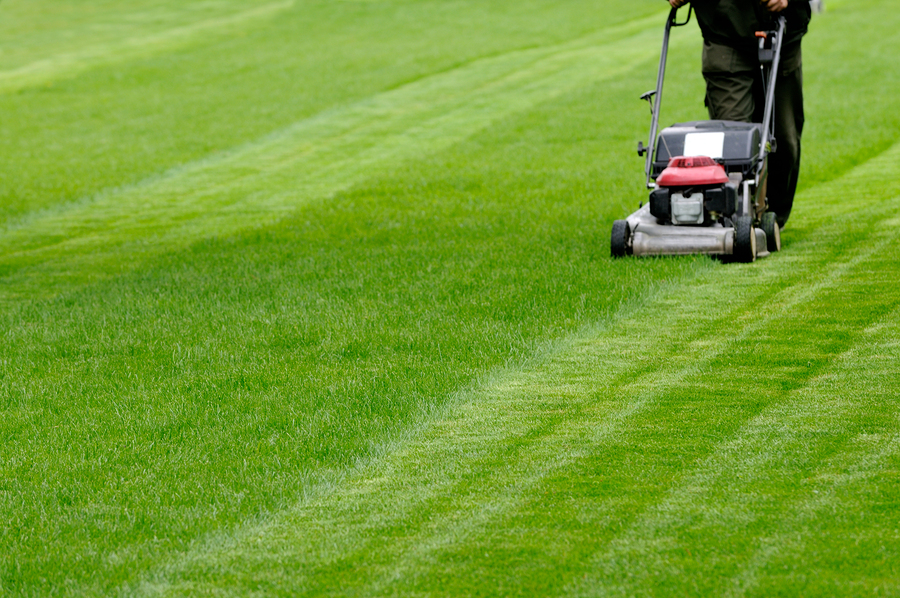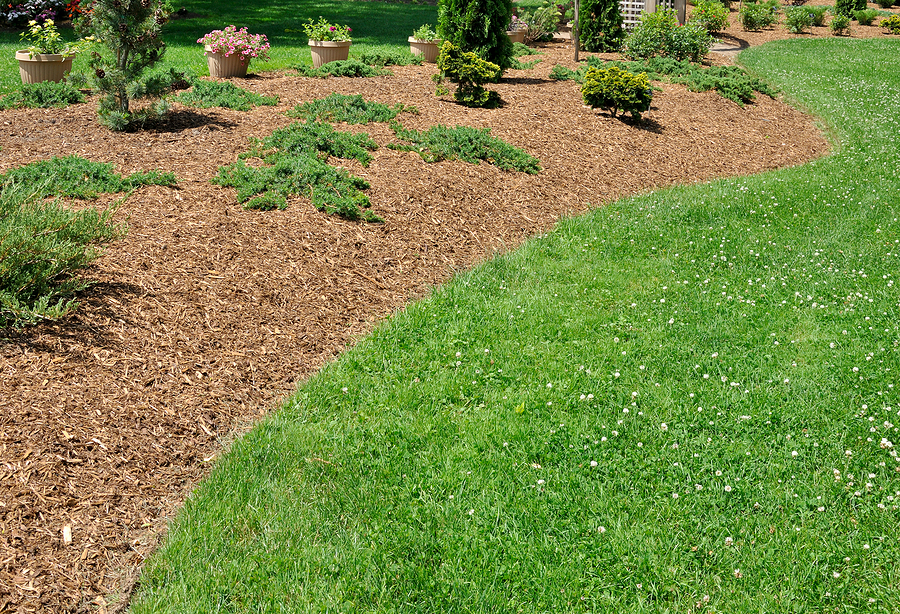Guide on Soil pH Control for Lawn Care
Click here To Call: 540-701-3559
|
To ensure the health of your lawn grass, it is important to maintain the right pH of the soil. Learn more about correct soil pH for lawn care as presented in this article.
Facts You Should Know about Soil pH According to experts, the ideal pH of soil should be about 6.5, and going more or less than this value can result to a loss of important nutrients that your grass needs to thrive. However, although there are some crops that can grow healthily within 6.0 and 7.0 range, there are other varieties that thrive in soil conditions with minimal acidity. Thus, it is essential to possess an understanding of crop and soil, so you will be able to manage the right soil pH for optimum growth of your crops. There are certain factors that can impact the acidity of the soil. Elements including potassium, sodium, calcium and magnesium that are found in soil colloids may be replaced by ions of hydrogen. When this happens, the acidity level of the soil increases. In addition, soil that has formed from areas with high amounts of rainfall are also more acidic, as compared to those formed in conditions with a more arid quality. With this in mind, soils in the southeastern portion of the country have higher acidty than what can be found in the far West and Midwest. Generally, soil in areas with lower rainfall conditions have pH readings of about 7.0. Another factor that increases acidity includes intensive farming using manures and nitrogen fertilizers. Acidity of the Subsoil Although the pH level of the topsoil is at 6.0, it is possible for the subsoil to be very acidic. However, with a low subsoil pH under 5.0, this causes the entire soil to be toxic and not ideal for plant growth since the solubility of the manganese and aluminum found in the soil also increases. When the acidity increases substantially, it is recommended to apply lime during the earyl fall. Additionally, the soil should be turned as deep as possible. To correct the acidity of the soil, you can use the right amount of lime. Keep in mind that lime serves as the basic element in ensuring the fertility of soil. What's more, lime serves other purposes including supplementation of key nutrients needed by plants such as magnesium and calcium, particularly with the use of dolomitic lime. With the application of lime on soil, other essential nutrients necessary to boost soil quality become widely available. Most importantly, toxic elements that impact plant growth are prevented such as aluminum and manganese. Final Word Your lawn grass needs the best quality of soil to attain a vibrant green and healthy appearance. To achieve this, the right soil pH must be maintained since this is instrumental in maintaining the health of your lawn. Control acidity levels through proper techniques and have a knowledge of how to keep your soil fertile. By doing so, all your efforts will pay off once you have a beautiful lawn that will be the envy of your neighborhood. Expert Tips for Watering and Feeding Your Lawn |
|



